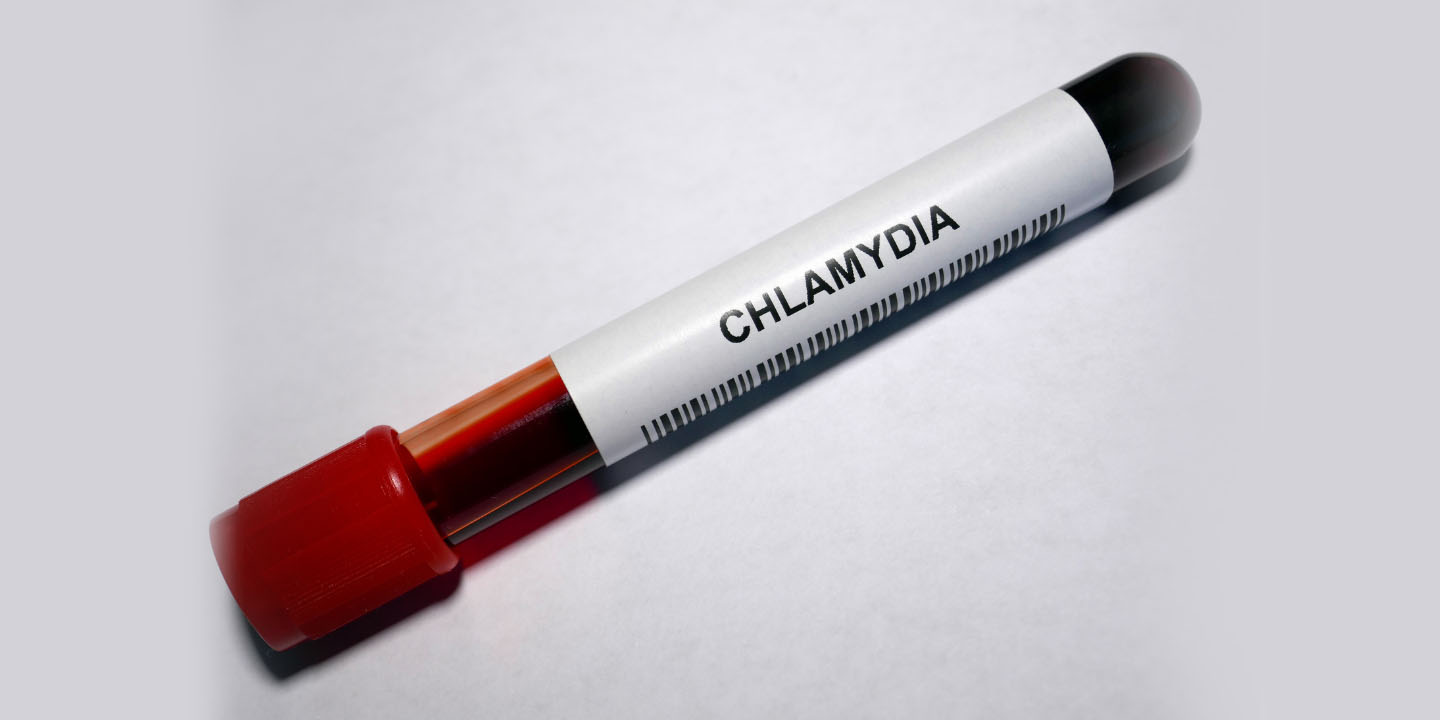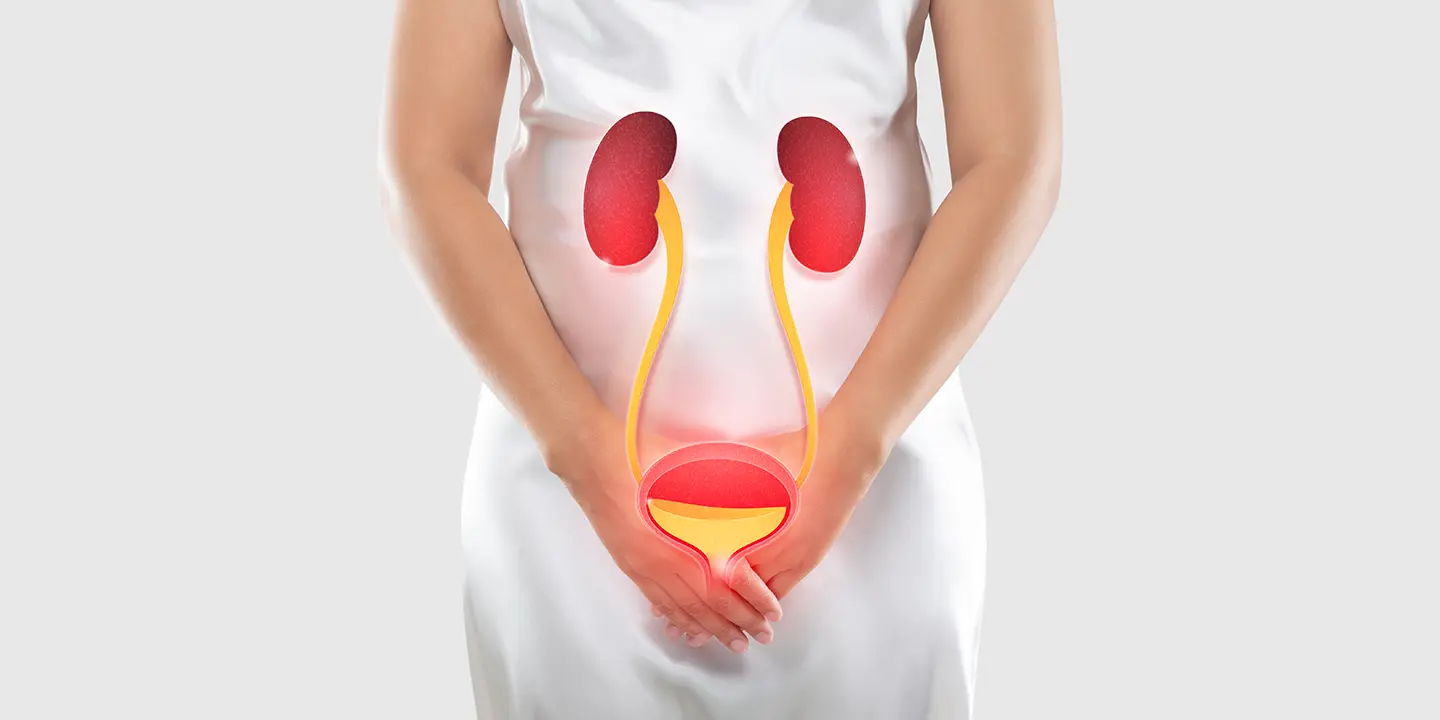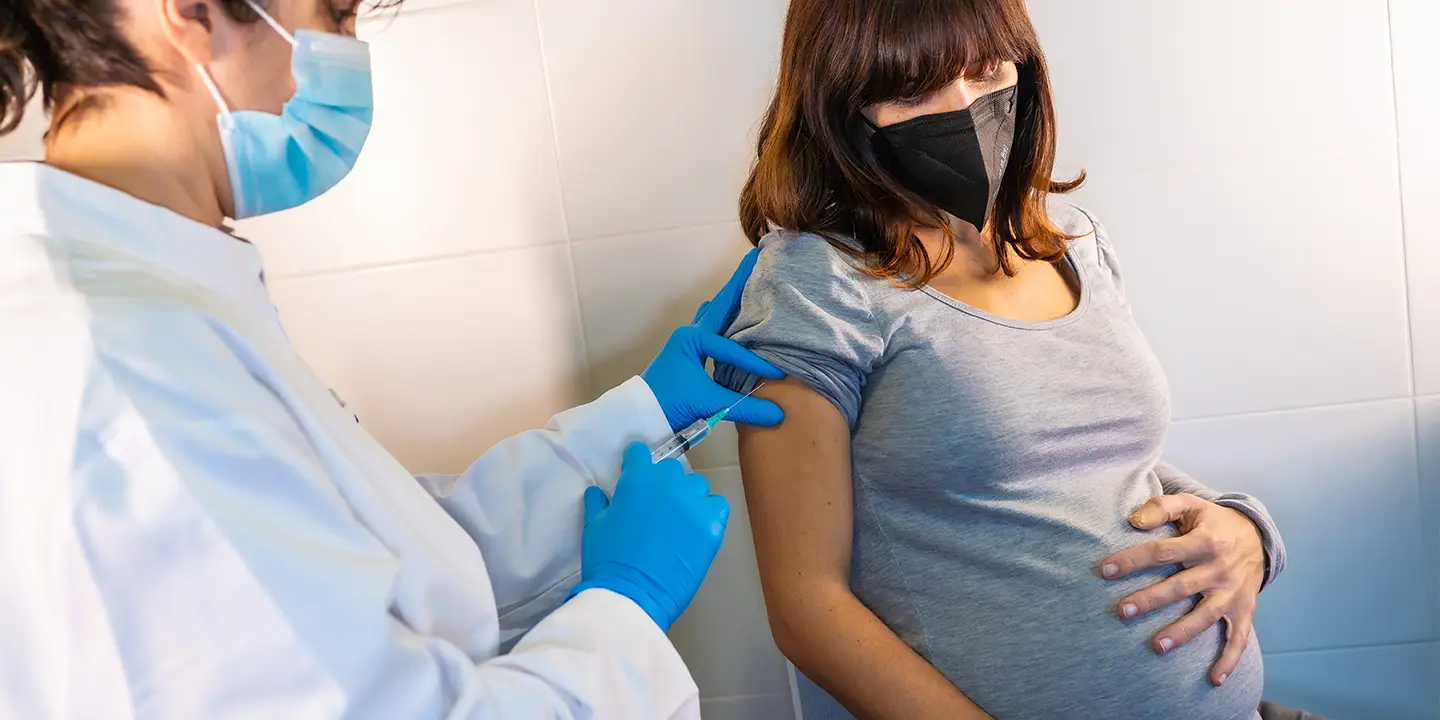
Risk content: HCV infections are one of the most common infections seen in pregnancy, and they can be serious. Thus, nowadays, screening for HCV in pregnant women is recommended. Anti-HCV test is recommended during pregnancy by the gynecologist to take care of women who are at great risk for HCV, and the screening should be repeated later in pregnancy as well. The HCV test is a standard screening hepatitis c test, and the diagnosis of HCV infection depends upon the detection of anti-HCV antibodies. The time screening of the test should be done as it will help to Identify hepatitis C in pregnant people and allow them to get on-time treatment and identify at-risk infants that are in need of testing and ongoing monitoring. Seeking the best pregnancy care clinics in Delhi, schedule your appointment with QUEEN’S GYNECOLOGY to consult the team of highly experienced maternity doctors and obstetricians.
Related Blog: Tests During Pregnancy: Trimester-wise List Of Tests While Undergoing A Pregnancy
Anti-HCV test – An Overview
Hepatitis C is a virus that adversely affects the liver. Many people don’t even realize they are affected or have been infected in the past. Some risk factors make a person more prone to it, like age or exposure to blood or bodily fluids. An anti-HCV test is a blood test that is done to check hepatitis infection and check for antibodies to the virus. A person can be infected with HCV infection and have no symptoms. Hepatitis C can be transmitted from a mother to her fetus. Diagnosing the infection in pregnant women allows them to get on-time help, access treatment, and determine at-risk infants in need of testing. Hepatitis C antibody testing or anti-HCV test should be offered, and those who are HCV antibody positive have to get tested for HCV RNA. Determining a woman’s HCV status before or during pregnancy is vital as it offers counseling, and treatment is best for those considering future pregnancies.
What is the purpose of a Hepatitis test during pregnancy?
Testing is the first and foremost way to access curative treatment. Testing is vital during pregnancy. The main aim of hepatitis C is to determine if a person has an infection and to treat it on time. If a person is 18 or older, it is necessary to get screened for hepatitis C at least once in your lifetime because the virus has no symptoms. Screening is also vital and recommended during pregnancy and if you are at more risk for HCV infection. A doctor may recommend hepatitis C testing for screening diagnosis and to guide & monitor treatment. A blood test for hepatitis C is done during pregnancy. First, an anti-hepatitis C test is done, which helps to determine whether a pregnant woman has been exposed to this virus. If the test result is positive, it means she has been exposed; after that, an HCV RNA blood test is done, which shows if the woman is currently infected with the hepatitis C virus.
Related Blog: Routine Urine Tests In Pregnancy: Normal Level, Procedure, And Cost
Types of HCV test
There are many types of Hepatitis tests, and depending on the type of test done, multiple analytes are detected:
1. Anti-HCV test
Antibodies are part of the body’s response if a person is infected, and testing of HCV antibodies helps to know whether or not a person is exposed to HCV.
2. Hepatitis C RNA
It is another type of hepatitis C screening that detects RNA in blood, which is a type of genetic material. Qualitative tests help to determine the presence of HCV RNA, while quantitative tests help to determine the amount of HCV RNA.
3. Genotype test
However, there are six types of hepatitis C known as genotypes. The hepatitis C treatment depends upon the strain. Thus, this testing is done to get the appropriate treatment if you are infected.
Results of HCV test
An HCV test is a blood test done to determine whether a person is exposed to Hepatitis C transmission and looks for antibodies to the hepatitis C virus in blood. Your test results will be nonreactive or reactive.
- A nonreactive HCV antibody test result means that the hepatitis C virus does not infect a person.
- Reactive HCV antibody test results indicate that a person is infected with the HCV virus at some point in time. If a person is infected. A reactive antibody test does not every time mean that a person currently has hepatitis C, and a follow-up test is needed.
If your report shows a req tube result, then your doctor might recommend another test HCV RNA test to determine whether you currently have hepatitis infection or not. If your report shows HCV positive, then you will currently have HCV infection, and if the report is negative, then you might have been infected in the past, and the virus is not in your body.
Why choose QUEEN’S GYNECOLOGY?
Hepatitis C treatment throughout pregnancy is not recommended; however, it can be started after the delivery because hepatitis C medications can be harmful to the fetus. It is better to get tested for hepatitis C before pregnancy because the medication for Hepatitis C can’t be given during pregnancy. The best gynecologist in Delhi, QUEEN’S GYNAECOLOGY, offers excellent antenatal and prenatal pregnancy care. The gynecologist may recommend HCV Testing during pregnancy as it may help to make appropriate plans to start treatment post-pregnancy and to plan the right health care for the baby if required. If you are seeking the best pregnancy clinic in Delhi, QUEEN’S GYNECOLOGY is the right place for you. It is known for handling all types of pregnancy conditions with utmost care and quality. The clinic offers the best antenatal care screening, diet, and maternity exercises to all patients.
Conclusion
HCV can be transmitted from infected mother to fetus during pregnancy or childbirth; however, it is rare but can be possible. During pregnancy, an expert gynecologist generally recommends a blood test to determine infections, including Hepatitis C, and is a part of routine antenatal screening for every pregnancy. At QUEEN’S GYNECOLOGY, a specialist care team will offer tests and examinations, including HCV virus testing, to fully assess your condition and to determine the treatment and care you’ll need.
FAQ’s
HCV virus is transmitted by genital skin-to-skin contact through sexual activity, including anal, oral, and vaginal intercourse.
There’s no vaccine to protect against the virus. However, you can prevent HCV virus infection by taking proper measures and using protection during intercourse.
HCV does not affect your pregnancy or your fetus’s health. It is only in very rare cases that it may cause complications in pregnancy. But if left untreated, it can create complications in future pregnancies.
The disease never affects your baby before birth.
When you are pregnant, you will probably be given a lot of tests by gynecologists, and Hepatitis C screening will also be included. The first anti-HCV test (antibody test) will tell you if you have ever been infected in your lifetime. If the first test result comes back positive, you will be asked to take another test.





























































































































































































